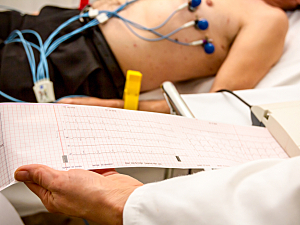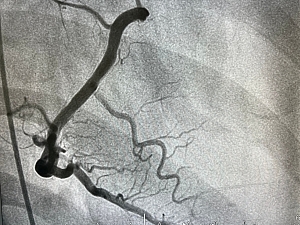Combination of SGLT2i, GLP-1 RA, and Non-Steroidal MRA Proposed for Patients With Type 2 Diabetes and Albuminuria

After analyzing data from pivotal trials, researchers at Brigham and Women’s Hospital believe treatment with a combination SGLT2i, GLP-1 RA, and nonsteroidal MRA has the potential to improve survival in patients with type 2 diabetes and at least moderately increased albuminuria.
Read More...







